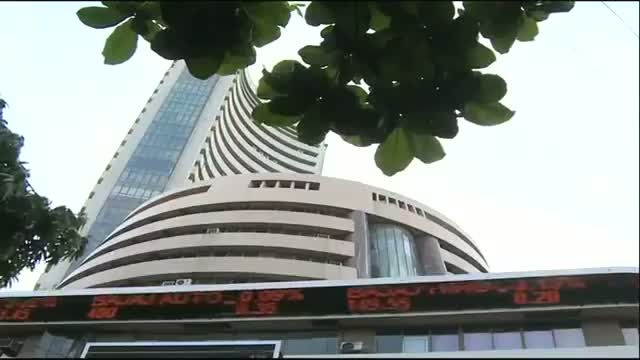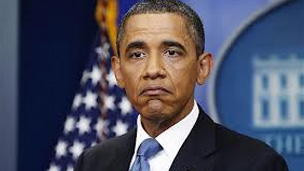The Sensex, a benchmark index of Indian equities markets, is poised to hit new highs in the next few weeks on hopes of revival in economic growth helped by good monsoon and positive global cues, especially delayed tapering of stimulus by US Federal Reserve, analysts say.
The Sensex, a benchmark index of Indian equities markets, is poised to hit new highs in the next few weeks on hopes of revival in economic growth helped by good monsoon and positive global cues, especially delayed tapering of stimulus by US Federal Reserve, analysts say.
The 30-scrip S&P Sensex of the Bombay Stock Exchange (BSE) last week soared past the 21,000-point-mark for the first time in three years.
The benchmark index’s record high is 21,206.77 points, hit in January 2008. The 30-scrip barometer hit a high of 21,039.42 points last week, for the first time since Nov 8, 2010.
Analysts said investors’ pessimism is receding in the Indian markets on hopes that the economy had bottomed out and growth would revive in the coming quarter on the back of a good monsoon.
Chief economist of HDFC Bank Abheek Barua said a strong buying interest by foreign investors has boosted sentiments in the markets in the past one month.
“If it touches a new high, it will happen after five years. It will, of course, have some positive psychological impact,” Barua told IANS.
“I don’t see any major downside in the market till December. The Sensex should remain range-bound between 20,000 and 21,000 points,” he said.
Foreign funds have invested nearly $3.6 billion in the Indian equity markets since the US Federal Reserve said in mid-September that it would continue with its $85 billion monthly bond-buying programme.
This foreign equity inflow has come in the Indian markets after nearly an equal amount of $3.7 billion outflow in the previous three months on speculation that the Fed would taper its buying programme known as Quantitative Easing (QE).
“Equity markets have been witnessing buoyant FII inflows not merely on the back of continued global liquidity as the Fed appears to have postponed withdrawal of its monetary stimulus for now but also on account of our receding external risks,” said Bhupali Gursale, an economist at Angel Broking.
“The latter can be mainly attributed to the anticipated moderation in our current account deficit as well as policy measures taken to attract capital in order to finance the deficit,” Gursale said.
Senior economist at Dun & Bradstreet India Arun Singh said the Reserve Bank of India’s action on key policy rates and political developments would have a big impact on the markets in the coming months.
“I am expecting volatility in the markets at least till March,” Singh told IANS.
The Reserve Bank of India (RBI) is scheduled to announce its monetary policy review Oct 29. RBI governor Raghuram Rajan is widely expected to hike key interest rate to control inflation in his second policy action since taking charge at Mint Street in Mumbai early September.
According to Deutsche Bank, the benchmark Sensex is expected to hit the 22,000-point-mark by December.
The German bank’s optimism is based on some positive developments in the Indian economy like good monsoon, currency stabilisation and recovery in rural demands. Expectation of synchronised global growth recovery and the US central bank’s action are some important external factors on which Deutsche Bank has based its optimism about the Indian stock markets.
Vaibhav Agrawal, a vice president at Angel Broking said the Sensex is likely to touch 22,600 points in the coming few months.
“The markets in our view are finally poised to make new highs. This is likely to be aided by the frontline IT and Pharma stocks, as export sectors are expected to continue to do well in the coming months,” Agrawal said.
-IANS





